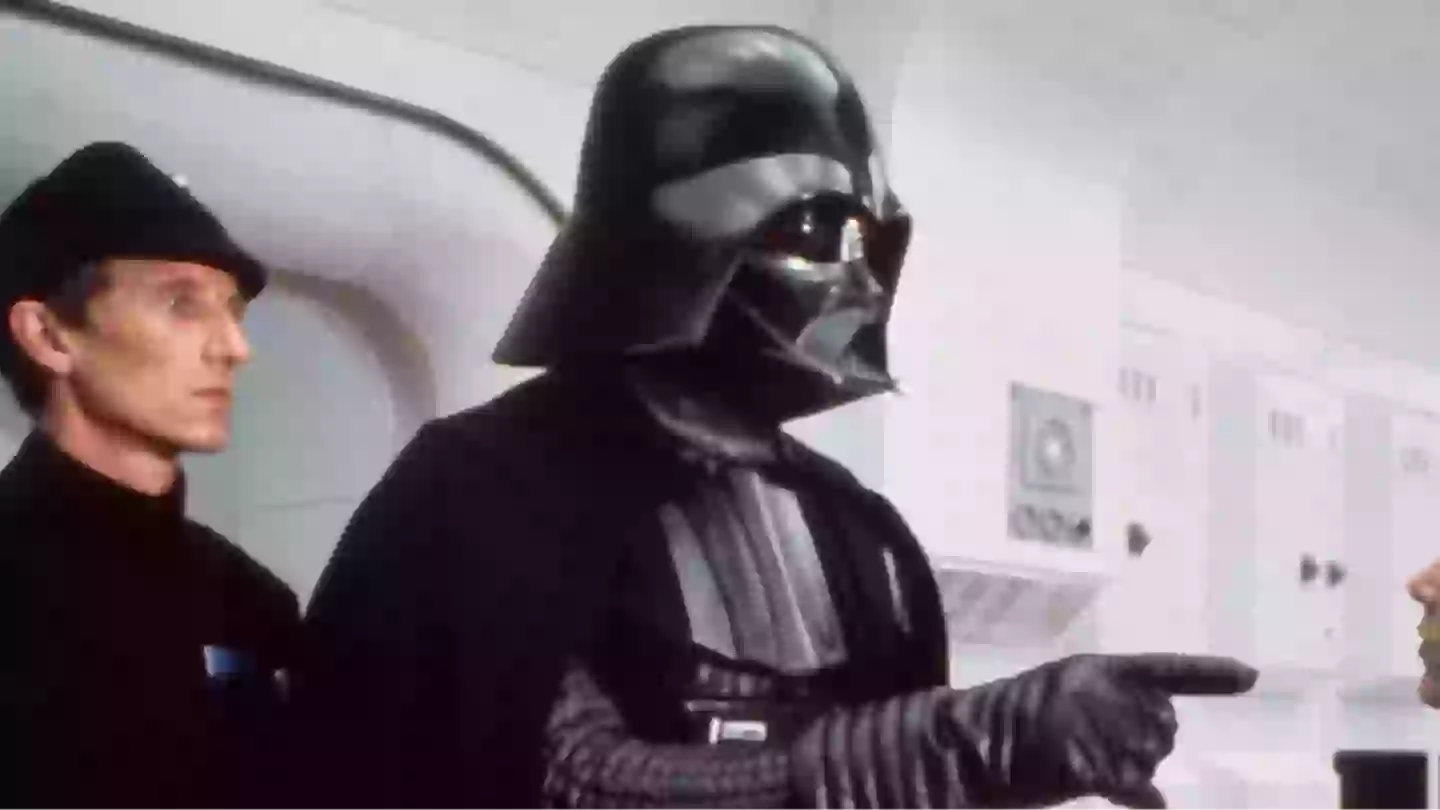A British healthcare professional has received a significant financial settlement after her colleagues nicknamed her ‘Darth Vader.’
There are several film characters and villains that most people would prefer not to be compared to, such as Hannibal Lecter from The Silence of the Lambs, the Wicked Witch of the West from The Wizard of Oz, or Darth Vader from Star Wars—a lesson learned by one group of coworkers.
The American Film Institute (AFI) lists the fictional Sith lord, known for his evil deeds in the Star Wars series, as third among the greatest villains, following cannibalistic serial killers Dr. Hannibal Lecter and Norman Bates.
In a UK employment tribunal, a healthcare worker was granted approximately $39,000 after being compared by colleagues to this notorious character.
Lorna Rooke, employed by the NHS in the blood and transplant service, claimed that coworkers completed a Star Wars-themed Myers-Briggs-type online personality test on her behalf, matching her personality with that of Darth Vader.
The Myers-Briggs test classifies individuals into one of 16 personality types, such as introverted or extroverted, to aid in understanding and support. However, her colleagues completed a variation that linked them to Star Wars characters.
The tribunal, held in Croydon, South London, was informed that the situation—termed ‘the Darth Vader incident’ in court documents—left Rooke feeling ‘unpopular.’
Significantly, Rooke was not present when someone took the test for her in August 2021, a central point in the case.
She had been part of the NHS department for about 18 years, since joining in 2003.
The test seemingly described Darth Vader as ‘a very focused individual who brings the team together.’
Despite this, Rooke argued that the incident exacerbated the ‘stress and anxiety’ she was already experiencing at work, becoming the ‘last straw’ leading to her resignation.
Judge Kathryn Ramsden noted in her decision: “Darth Vader is a legendary villain of the Star Wars series, and being aligned with his personality is insulting,” highlighting that it was understandable Rooke felt ‘upset by it’ since the results were shared publicly.
The tribunal, however, dismissed Rooke’s assertion that the incident ‘sufficiently’ impacted her decision to resign months later.
Claims of direct disability discrimination and unfair dismissal were also rejected by the court as ‘not well-founded.’
Besides the ‘Darth Vader incident,’ the tribunal examined whether Rooke’s employers unfairly denied her request to retract her resignation.
The court found that Rooke’s choice to highlight an omission in a blood donor safety checklist had ‘more than a trivial influence’ on the refusal to allow her to withdraw her resignation.
Rooke received $22,600 to cover financial losses due to the rejection of her resignation withdrawal and $16,000 for distress caused by the incident.

